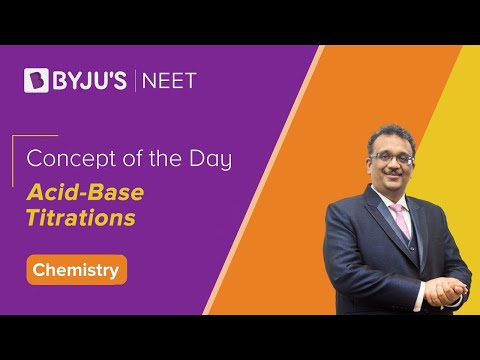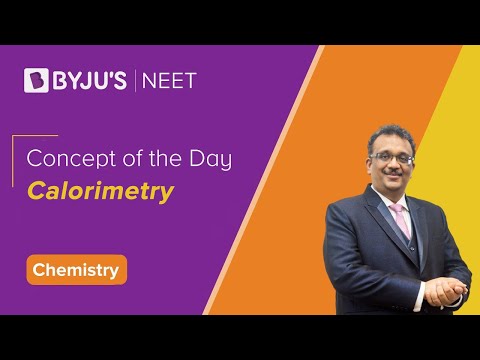NEET Chemistry Questions with answers
NEET Chemistry is considered to be the most scoring subject. As it is one of the easiest scoring subjects, it is often ignored and undermined a subject. But if you want to get an edge over others, here is a tip, master NEET Chemistry concepts. Chemistry demands the attention of students in understanding reactions and concrete basic understanding but once done it only gets easier from there. Mastering NCERT syllabus for NEET Chemistry should be topping your list of to-do for chemistry.
This article leads you to hundreds of solved MCQ on a variety of Chemistry topics important from NEET standpoint. The table below lists different topics with corresponding direct links, facilitating smooth learning and search experience.
Important NEET Chemistry Questions with answers
Topic-wise MCQs for NEET Chemistry
Recommended Videos


Solved NEET Questions for Chemistry
Chemistry topics broadly can be grouped into – Organic, Inorganic and Physical chemistry. Organic Chemistry is a vast section and holds the maximum weightage. Its concepts and principles are important. One needs to be conversant with properties of groups, conversions, recognizing organic compounds etc. Interlinking between different chapters from organic chemistry can be of great help.
Also see: NEET Chemistry Syllabus
This must be followed by Physical Chemistry, the section of chemistry where one can score easily. Questions appearing in the exam from here are quite predictable. This can be followed by Inorganic chemistry, reactions pertaining to different block elements can be made note of and revised regularly.
These were the important NEET chemistry questions with answers. BYJU’S offers tons of study material, sample papers and modules for all the NEET sections. Watch this space for the latest updates on NEET and other NEET notifications.
How Solving NEET Chemistry Questions is Beneficial?
Anyone preparing for NEET must be well aware of gaining conceptual clarity, this must be prioritized. The chemistry section of NEET is considered to be the most scoring section. Students are required to have a strong base of all the concepts covered in the NEET syllabus for chemistry in order to excel in the Chemistry section.
Questions asked in NEET chemistry are framed in a way that it checks the theoretical and practical learnings of the students. Hence, questions can range from being easy to moderate to challenging on the difficulty scale. Some of the benefits of solving NEET Chemistry questions in accordance with the prescribed NEET syllabus for chemistry is as follows –
- The question and answer scheme is one of the best ways to cover key topics in a chapter
- Questions offer a wide range of concepts to be encapsulated in them in different ways
- With consistent practice, students get acquainted with the pattern of the NEET questions and their difficulty level
- Tough and challenging concepts can be understood better by solving NEET questions on them
- It is one of the most effective ways to assess performance and hone skills required to give their best at NEET
Also see:


Comments